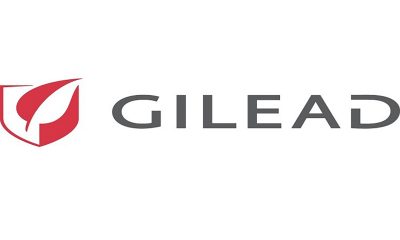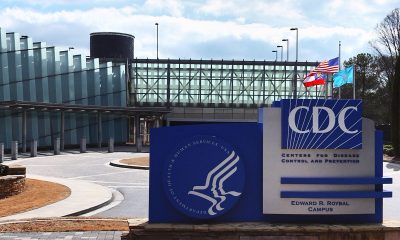Health
CDC official discusses new STI prevention tool
Dr. Leandro Mena spoke with the Blade on Thursday
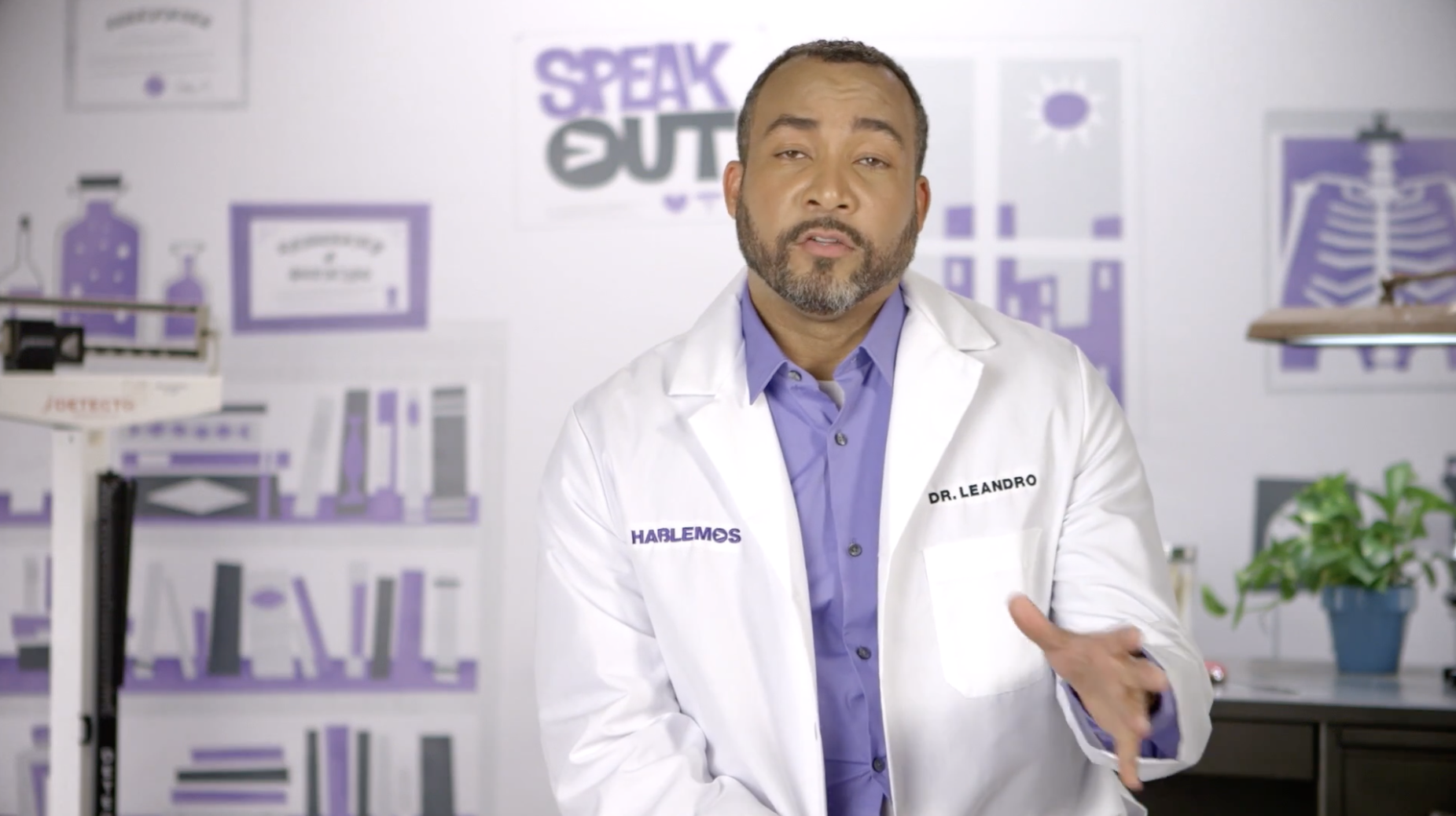
The Centers for Disease Control and Prevention is expected to soon issue draft guidelines for the use of doxycycline to help prevent the spread of gonorrhea, chlamydia and syphilis in transgender women and gay and bisexual men who have sex with men.
Doctor Leandro Mena, director of the public health agency’s Division of STD Prevention, talked to the Washington Blade by phone on Thursday about the post-exposure prophylactic intervention — DoxyPEP for short — which he characterized as “the first important innovation that we have had in the field of STIs in almost three decades.”
Studies show a 200 mg dose of the widely available antimicrobial antibiotic, if taken within 72 hours after sex, has shown tremendous efficacy in reducing the risk of transmitting these three diseases, he said.
For now, research is limited to certain LGBTQ populations for whom “we know that network prevalence, the prevalence of STIs in the sexual network of this group, is sufficiently high that the benefits outweigh the potential risks,” Mena said, while “other strategies like the use of condoms, you know, are not really that feasible.”
Research on DoxyPEP conducted and published over the past couple of years has been game-changing, he said, “because it’s an antimicrobial that’s already approved, we know it’s very low-cost, and I think we have the evidence of its effectiveness.”
“Since the development of nucleic acid amplification test — which allows [providers to] diagnose gonorrhea and chlamydia by amplifying nucleic acids, by doing PCR, that really revolutionized access to STI testing — we really haven’t had much,” Mena said.
The CDC expects to work quickly on DoxyPEP, but a few hurdles must be cleared first.
“We have engaged with the communities, right, that are poised to benefit the most from this intervention,” Mena said. “And where we are is that we are finishing our guidance, we anticipate that it will be out for public comment close to the end of this fall, and shortly after we will be able to have the final guidance.”
“Guidelines like these that have important public health consequences goes all the way up to the highest levels of clearance in the CDC,” he added.
“While we know that that benefits are significant, there are some unknowns about the potential risks of taking antimicrobials to prevent infections, as they may perhaps have other effects [like] inducing resistance” in STIs and other types of bacteria, Mena said.
“Those are some of the unknowns that we’re trying to currently understand better, as we try to balance risk and benefits of the use of doxycycline as post exposure prophylaxis,” he said.
Another challenge for the CDC as it develops the guidelines, Mena said: They must be as relevant for folks in San Francisco as for people in Montgomery, Ala., and (the) Navajo Nation, based on each place’s “local epidemiology, local context and population.”
Additionally, the agency warns, doxycycline can carry side effects — namely, “phototoxicity, gastrointestinal symptoms, and more rarely esophageal ulceration.”
So, the CDC is working diligently, Mena said, to “better understand the potential risk that its use – its regular use, in this way, may present to the individual and potentially at the population level.”
Mena called DoxyPEP an “amazing tool,” noting the need for new ways to combat the increase in rates of STIs that has persisted for nearly a decade.
“In 2021, we had more than 2.5 million cases of syphilis, gonorrhea and chlamydia reported, and the reasons we’re seeing these increases, it’s really, you know, multifactorial,” he said. “There are subpopulations that are disproportionately affected — among these, racial-ethnic minorities, young people, men who have sex with men.”
Health
UNAIDS to commemorate Zero Discrimination Day’s 10th anniversary
UN agency urges global action to protect human rights
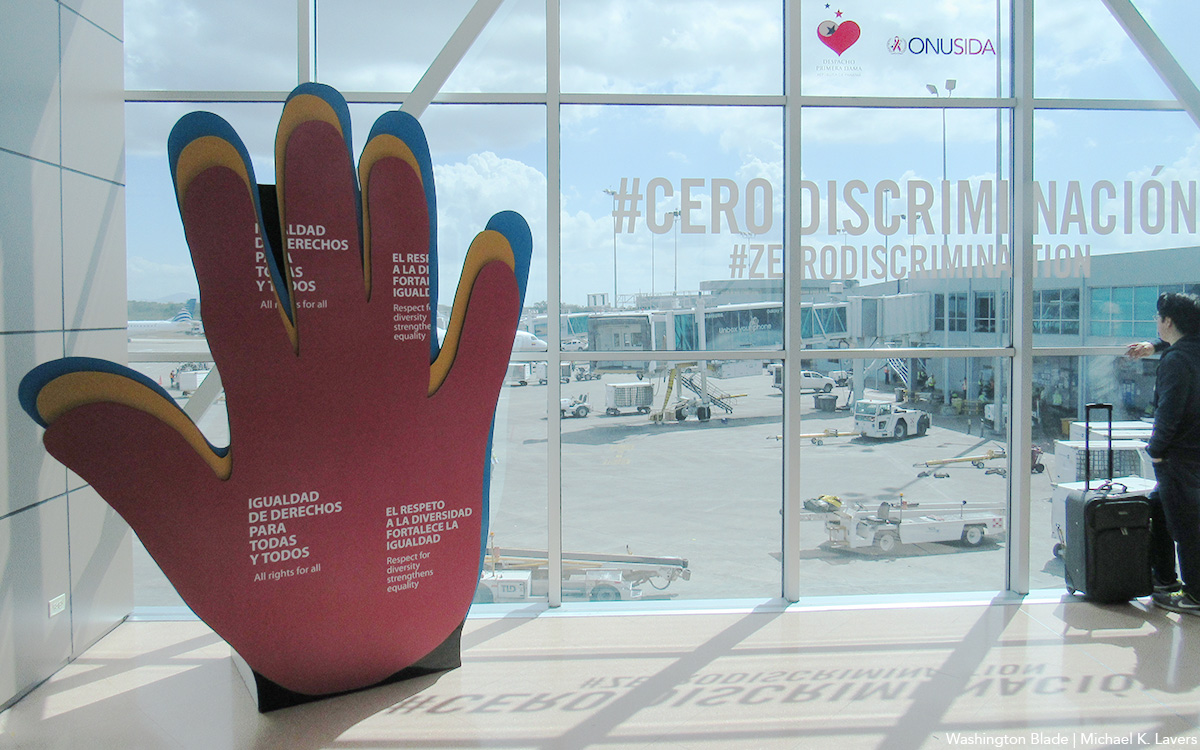
As the world marks the 10th anniversary of Zero Discrimination Day; UNAIDS is sounding the alarm on the increasing threats to human rights, calling for renewed efforts to protect the rights of all individuals as a fundamental step towards ensuring health for everyone.
Established by UNAIDS a decade ago, Zero Discrimination Day aims to promote equality and fairness regardless of gender, age, sexuality, ethnicity or HIV status. The progress achieved over the past years is now in jeopardy, however, due to rising attacks on the rights of women, LGBTQ people and other marginalized communities.
UNAIDS Executive Director Winnie Byanyima emphasized the critical link between protecting human rights and safeguarding public health.
“The attacks on rights are a threat to freedom and democracy and are harmful to health,” she said in a press release. “Stigma and discrimination obstruct HIV prevention, testing, treatment and care and hold back progress towards ending AIDS by 2030. It is only by protecting everyone’s rights that we can protect everyone’s health.”
Despite challenges, there has been notable progress.
At the onset of the AIDS pandemic more than 40 years ago, two-thirds of countries criminalized consensual same-sex sexual relations. They are now decriminalized in two-thirds of countries. An additional 38 countries around the world have pledged to end HIV-related stigma and discrimination, contributing to positive changes that include 50 million more girls attending school compared to 2015.
To sustain and enhance these advancements; UNAIDS urges global support for women’s rights movements, LGBTQ rights, racial justice, economic justice, climate justice and peace initiatives. By standing with communities advocating for their rights, the U.N. aims to reinforce the collective effort towards a more inclusive and equitable world.
Zero Discrimination Day is observed on March 1.
Events and activities that will take place around the world throughout the month will serve as reminders of the essential lesson and call to action: Protecting everyone’s health is synonymous with protecting everyone’s rights.
“Through upholding rights for all, we will be able to achieve the Sustainable Development Goals and secure a safer, fairer, kinder and happier world — for everyone,” said Byanyima.
Health
New CDC report finds transgender women at higher risk for HIV
More than 1,600 people in seven cities surveyed
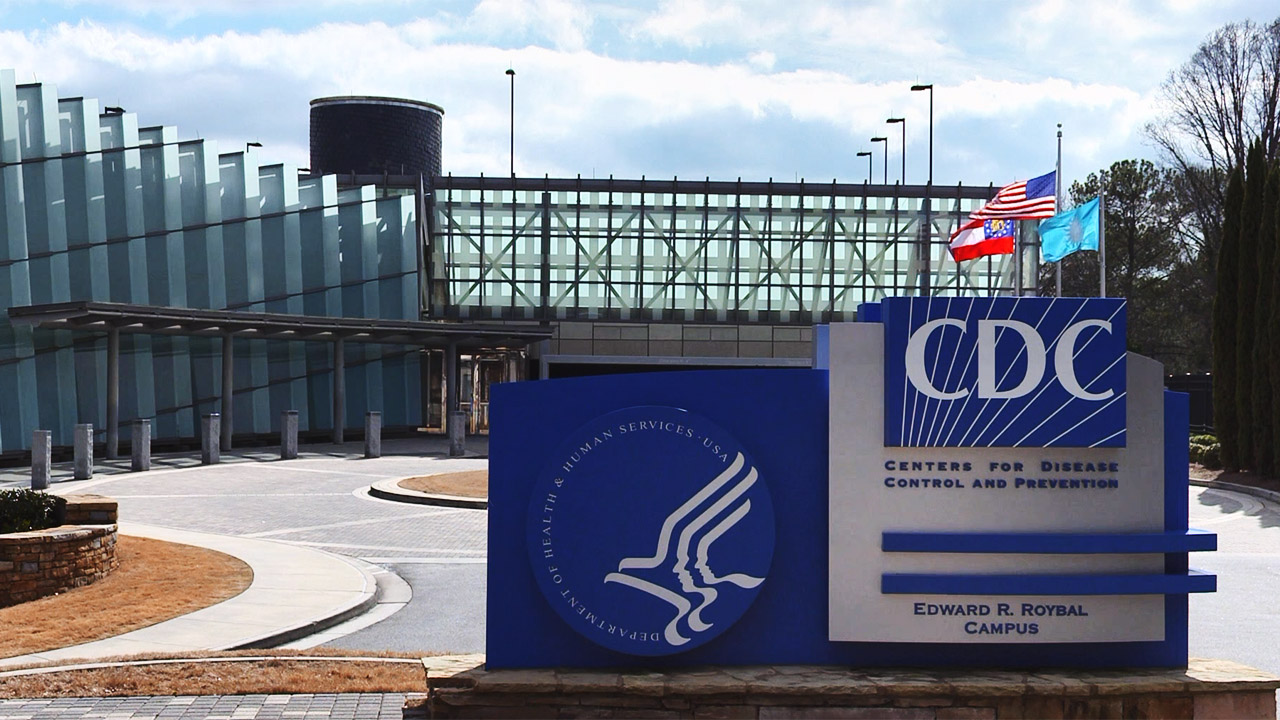
The Centers for Disease Control and Prevention issued a new study report this week that revealed that restricted by employment and housing discrimination and lack of access to needed gender-affirming healthcare for transgender women increasing the risk of contracting HIV.
Researchers reviewed data from a 2019-2020 survey, the National HIV Behavioral Surveillance Among Transgender Women, which found that the demographics of HIV/AIDS have been disproportionally high, especially among Black and Latina trans women, who had experienced employment and housing discrimination coupled with lack of access to gender-affirming healthcare.
The Jan. 25 Morbidity and Mortality Weekly Report was based on data studies of more than 1,600 trans women in seven major urban locales. Participants from Atlanta, Los Angeles, New Orleans, New York, Philadelphia, San Francisco and Seattle were chosen by referrals from people and community-based organizations who knew or were part of the local population of trans women.
The study’s researchers noted: “Employment discrimination occurs at the overlapping nexus of poverty, homelessness, incarceration, health insurance, disability, food insecurity and survival sex work. These issues are interconnected.”
The study stated that trans women’s inability to access quality healthcare, including gender-affirming treatment or access to PrEP, and can expose them to potential incarceration as many turn to “survival sex work” and violence, which increases the risk of contracting HIV.
The study’s author’s pointed out: “When economically marginalized transgender women are refused employment, this refusal cyclically contributes to economic hardships. This analysis …demonstrates the importance of transgender women working and living with dignity and without fear of unfair treatment.”
Health
A Whole New Perspective on Well-Being
The Mather’s team recognizes that everyone’s wellness journey is completely unique to their life experiences and influences.

It’s easy to spot the distinctive, elegant silhouette of The Mather, a Life Plan Community for those 62+ opening this spring in Tysons, Virginia. What is not apparent to the naked eye is The Mather’s unique wellness philosophy, which is literally built into the community.
The Mather’s team recognizes that everyone’s wellness journey is completely unique to their life experiences and influences.
Nature is one of the important factors that contribute to well-being. So The Mather is incorporating biophilic design—a design approach to facilitate access to nature or things that replicate natural patterns. This can include interior spaces with sightlines to a garden, choosing natural wood and stone as interior materials, or incorporating fragrant flowers and plants indoors to spark memories and provide tactile opportunities such as gardening.

“Providing biophilic design within interior settings connects residents to the natural world,” says Mary Leary, CEO and President of Mather, the organization behind The Mather. “Research shows that a connection to nature provides positive benefits to mental states and overall well-being. At The Mather, biophilic design is the intersection of buildings and programs with nature in an urban setting.”
“The Mather is attracting a diverse group of older adults,” says Mary. “As a result, we aim to incorporate wellness practices from around the world, including Wyda movement theory of the Celtic Druids, which helps people achieve harmony with nature and contentment through mindfulness.” This holistic regenerative approach is similar to Qi Gong and yoga, while born in a different part of the world. Mather Institute has a special focus on mindfulness to support older adults’ practice of present moment awareness, which can lead to increased overall well-being, compassion, and joy.
A very different example of a wellness offering at The Mather is the Gharieni Welnamis spa wave bed, which uses computer-controlled vibrational therapy and audio frequencies to train the brain to relax. “The bed increases mindfulness, concentration, and creativity—all of which support our mission of creating Ways to Age Well,SM” says Mary.
These and other personalized ways to wellness will ensure that residents of The Mather can choose from seemingly countless ways to focus on their well-being. In other words, the sky’s the limit!
-

 State Department4 days ago
State Department4 days agoState Department releases annual human rights report
-

 South America2 days ago
South America2 days agoArgentina government dismisses transgender public sector employees
-

 District of Columbia2 days ago
District of Columbia2 days agoCatching up with the asexuals and aromantics of D.C.
-

 Politics4 days ago
Politics4 days agoSmithsonian staff concerned about future of LGBTQ programming amid GOP scrutiny



